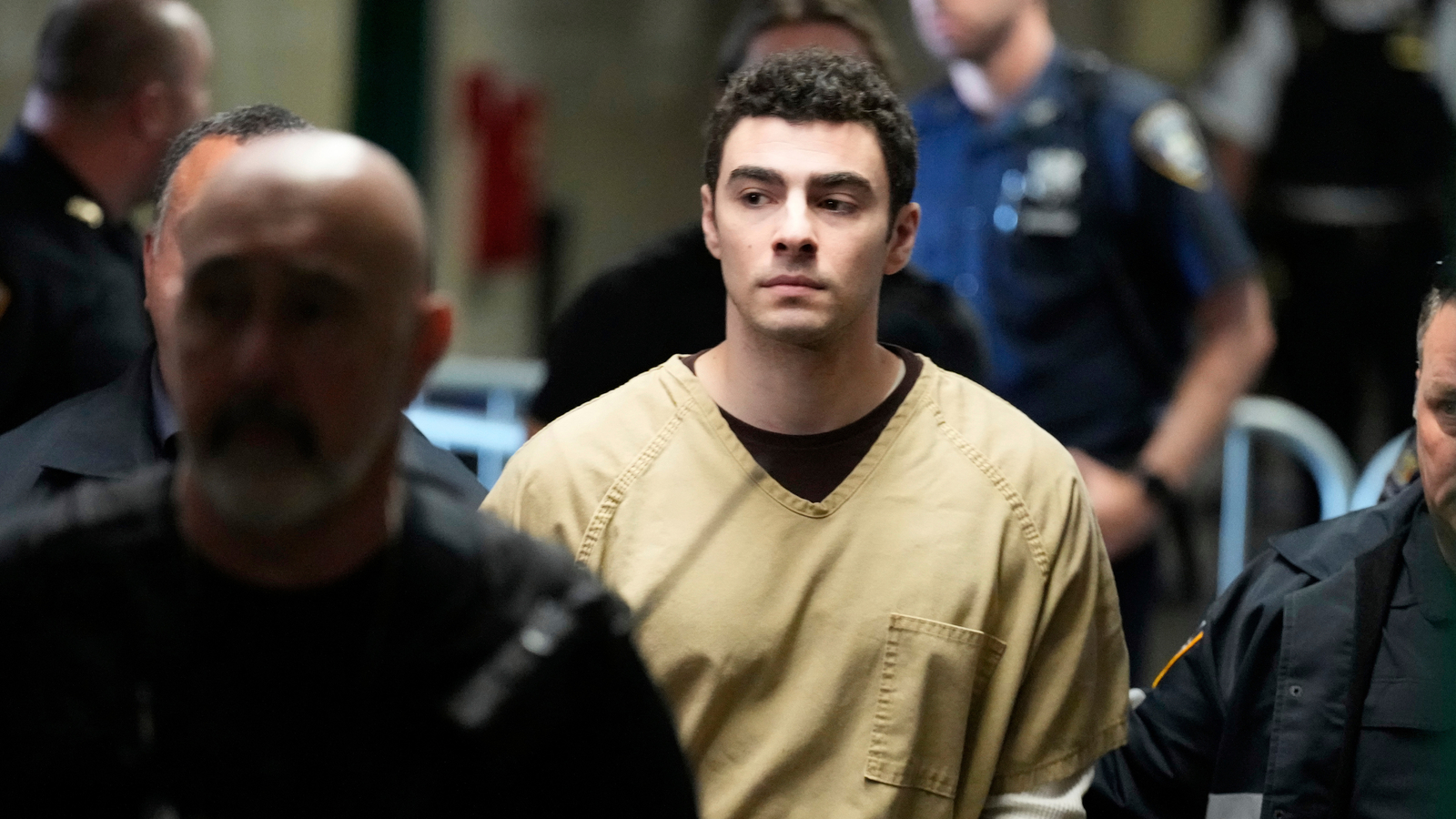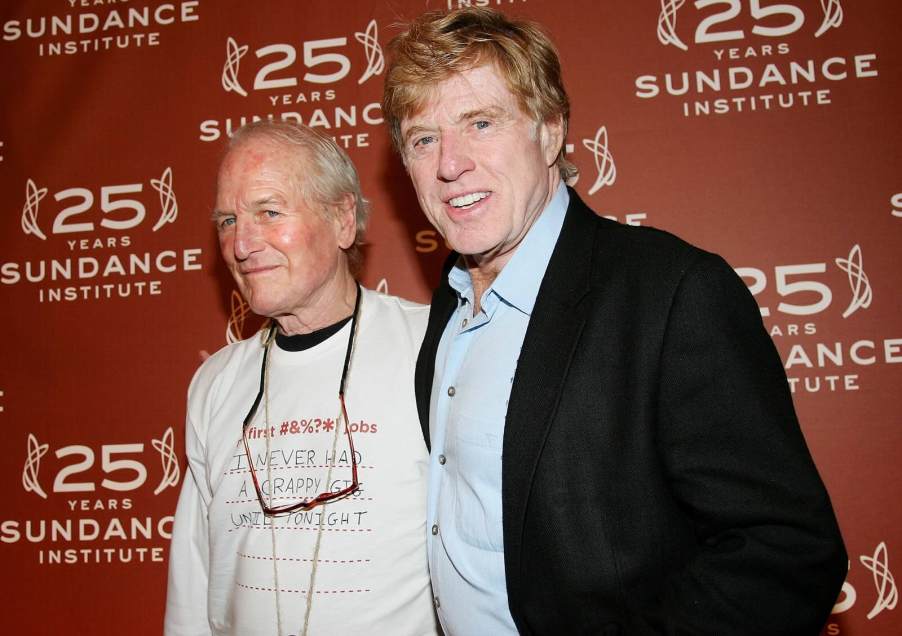
Judge Drops Terrorism Charges Against Luigi Mangione, Murder Trial Still On
A high-profile murder case in New York has taken a dramatic turn. A judge has dismissed two terrorism charges against Luigi Mangione, the man accused of killing UnitedHealthcare CEO Brian Thompson.
The ruling came during a Tuesday morning hearing in Manhattan, where prosecutors had argued for harsher charges. Judge Gregory Carro, however, was not convinced by their reasoning.
While terrorism charges are off the table, Mangione still faces a second-degree murder trial later this year.
Terrorism Charges Rejected
Judge Carro explained that prosecutors failed to meet the strict legal definition of terrorism under New York state law. The law requires evidence of an intent to intimidate the public or pressure the government into action.
Investigators pointed to writings left by Mangione that criticized healthcare corporations for “corruption and greed.” But the judge ruled that such statements, while angry, did not prove he was trying to coerce policy change.
Carro wrote in his decision that there was no evidence of demands directed at the government, which is a key requirement under the law passed after the September 11 attacks.
Murder Trial Still Stands
Even without the terrorism charges, Mangione still faces a serious path ahead. He is accused of shooting Thompson three times on a Manhattan street in December last year.
If convicted of second-degree murder, he could face 15 to 25 years in prison. On top of that, weapons and forgery charges remain active.
Federal prosecutors have also filed murder charges against him, which could lead to the death penalty. The judge refused a defense request to delay the state trial until after the federal case, setting December 1 as the trial start date.
Details of the Killing
Brian Thompson, a father of two, was in New York for a business meeting at the time of the shooting. He was attacked at 6:45 a.m. on December 4, gunned down on a busy Manhattan street.
The killing triggered a five-day manhunt that spread across several states. Police eventually tracked Mangione down in Altoona, Pennsylvania, more than 300 miles away.
When arrested, he was reportedly carrying notes accusing healthcare companies of greed, but investigators say these writings fell short of establishing terrorism motives.
Supporters Outside Court
The courtroom hearing drew attention not only from the press but also from Mangione’s supporters. A small group gathered outside Manhattan Supreme Court holding placards with slogans.
Some signs read “Free Luigi” while others emphasized “Innocent until proven guilty.” Their presence highlighted how divided public opinion has become around the case.
Mangione himself has pleaded not guilty, and his lawyers argue that the prosecution has overreached with its charges.
What Comes Next
With the terrorism charges dismissed, the legal spotlight now shifts back to the murder and weapons allegations. Those charges alone carry heavy consequences for Mangione.
Legal experts note this case underscores how narrowly terrorism laws are interpreted in state courts. Unless the intent is to instill fear in the public or pressure government, judges remain cautious.
The trial is scheduled to begin December 1 in New York, while federal proceedings continue separately. Both cases together make this one of the most closely watched trials in recent years.
Popular Categories



:max_bytes(150000):strip_icc()/hilaria-baldwin-alec-baldwin-091625-6c2cb198d46b4fe385978f49cf43c333.jpg)
